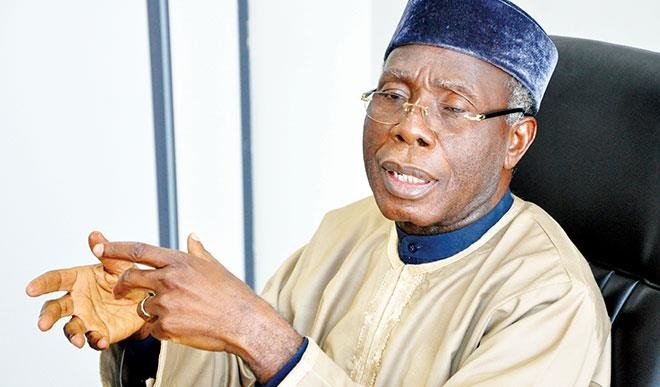The Federal government through the Ministry of agriculture and Rural Development (FMARD) has said it is seeking to expand cooperation with the Central Bank of Nigeria (CBN’s) intervention funds through the Micro Small and Medium Enterprises (MSMEs) targeted at women and youth.
This disclosure was made in the Agriculture Promotion Policy (2016 – 2020), presented by the Minister, Chief Audu Ogbeh. He said the joint issue here is the need to maximise the contributions of women and youth to agricultural production and elimination of discriminatory practices in the employment of women and youth in the sector.
Ogbeh stated that in a number of cases such discrimination is explicit or inadvertent via cultural inheritance practices.
A key goal of the policy, the APP revealed, is to shift behaviours that result in negative outcomes for youth and women, and reinforce such shifts by expanding wealth creation opportunities for youths and women.
The policy had however listed constraints to the attainment of women and youth inclusion to include: Poor enforcement of gender based policies, as well as institutional bias, lack of capacity and employment opportunities for internship and mentoring, limited access to finance, lack of mechanisation as well as the lack of synergy between and among MDAs and other non-state actors in respect of implementation of women and youth programmes.
It also revealed that the policy thrusts of the document will include developing and launching entrepreneurship platforms that create a pathway for youth and women to enter agribusiness and also facilitate investment advisory support for potential entrepreneurs.
Other policy thrust the APP aims at includes expanding the training of key leaders and influencers across FMARD to ensure gender / youth considerations integrated into decision making, expansion of capacity building for women and youth for entrepreneurship, including technical training and access to financial services and facilitating dialogue with farmer groups and service providers (for women and youth) to expand pool of ideas FMARD can pursue to institutionalise change.












